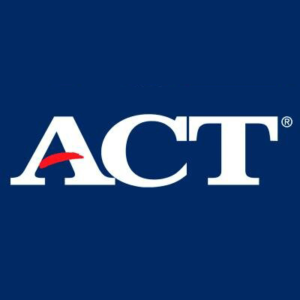 The annual report on college readiness issued by the American College Testing Program shows no progress on closing the racial scoring gap on the ACT college entrance examination. The composite score for Whites in the 2018 high school graduating class was 22.2 on the ACT scoring scale of 1 to 36. The average score for Blacks was 16.9. Both Blacks and Whites showed a 0.2 point drop in their average scores. Thus, the racial gap remained the same.
The annual report on college readiness issued by the American College Testing Program shows no progress on closing the racial scoring gap on the ACT college entrance examination. The composite score for Whites in the 2018 high school graduating class was 22.2 on the ACT scoring scale of 1 to 36. The average score for Blacks was 16.9. Both Blacks and Whites showed a 0.2 point drop in their average scores. Thus, the racial gap remained the same.
Some 72 percent of all White ACT test takers were rated as achieving a benchmark score which demonstrated that they were ready for college-level English classes. Only 32 percent of Black students reached the college-readiness benchmark in English. Nearly half of all White students were deemed ready for college-level mathematics, compared to just 13 percent of Black students who took the ACT. Some 46 percent of White students were rated as being ready for college-level science courses compared to only 11 percent of Blacks.
Some 48 percent of Whites who took the ACT test were deemed college ready in three of the four areas of English, mathematics, reading, and science. For Blacks, only 11 percent of all test takers were deemed college ready in at least three of the four areas.
The full ACT report, The Condition of College and Career Readiness 2018, may be downloaded by clicking here.












The ACT report that provides a snapshot of who is ‘college ready’ based on the sub-scores, should not be overlooked. Although standardized entrance scores are inherently flawed and have been proven to be weak predictors of college success, they do have a place in the conversations about college preparation at the secondary school level. The college preparation disparities between racial groups have been problematic for decades. It is more an issue of funding inequities for those elementary and secondary schools that serve predominantly minority populations. Jonathan Kozol’s work exposed many of these uneven funding issues in his books: Savage Inequalities and Shame of a Nation. The nationwide intransigence that persists in addressing even school funding cannot be ignored. There are other issues involved in this college preparation equation, but local school districts can only do so much with the funding formulas that currently exist.